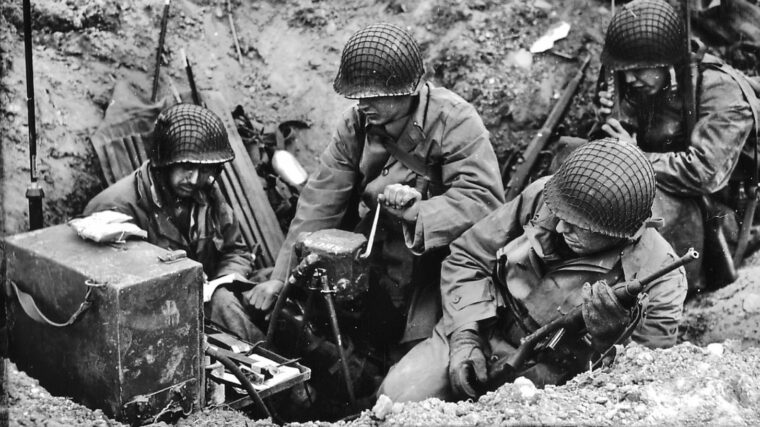
European Theater
4th Infantry Division: The “Easy” Victory at Utah Beach
By Mason B. WebbIn the weeks leading up to the still-undefined D-Day, commanders argued about every detail of Operation Overlord. Read more
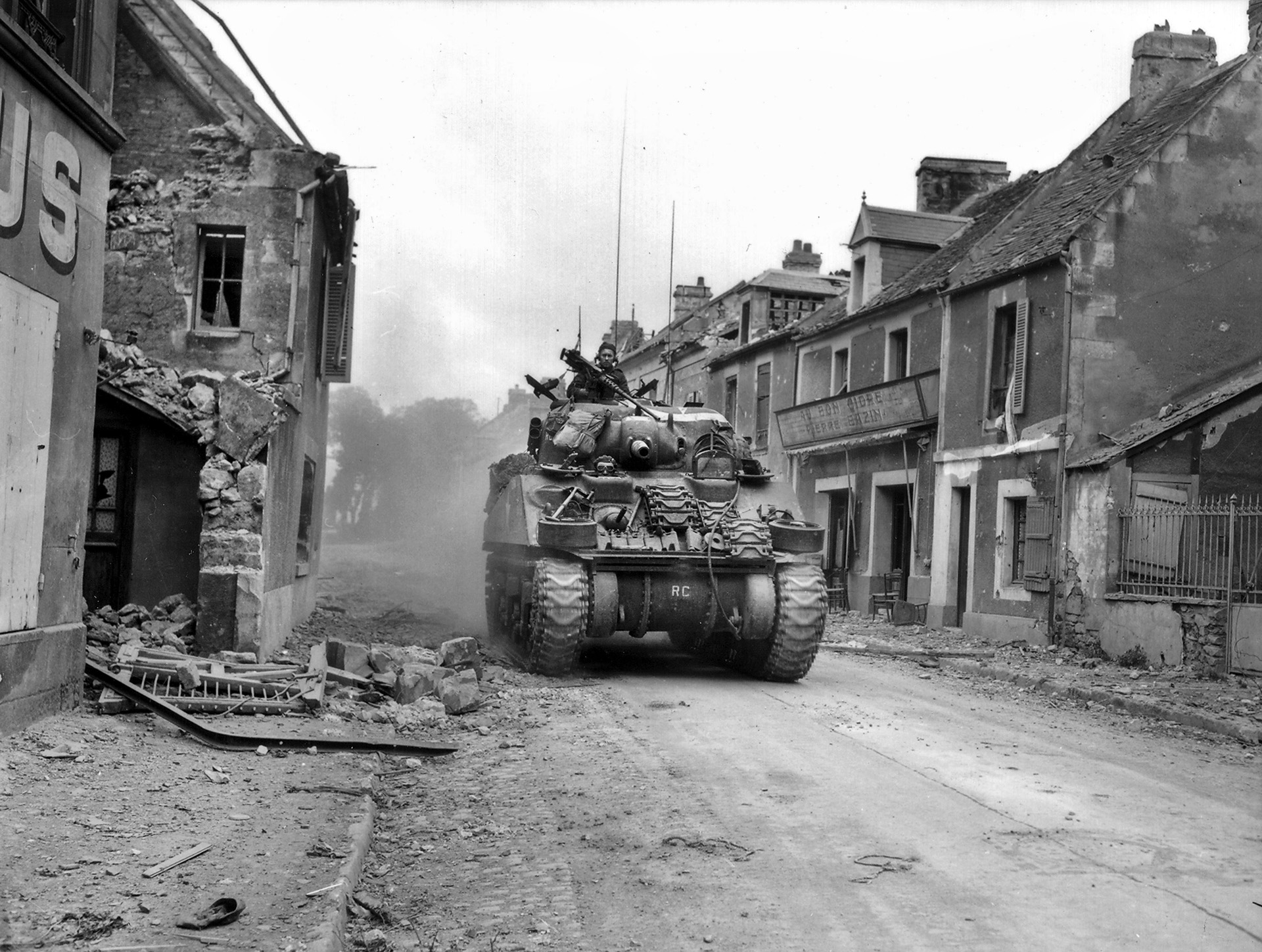
The European Theater of Operations (ETO) during World War II is generally regarded as the area of military confrontation between the Allied powers and Nazi Germany and Fascist Italy. The European Theater encompassed the Atlantic, Mediterranean, Eastern Front, Western Front, and Arctic areas of operation.

European Theater
In the weeks leading up to the still-undefined D-Day, commanders argued about every detail of Operation Overlord. Read more
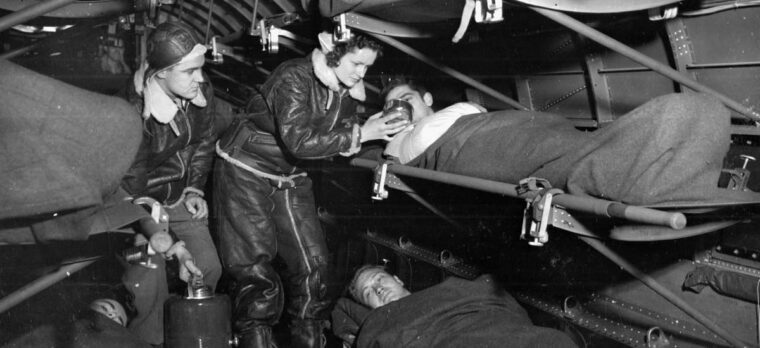
European Theater
In a field hospital in Normandy, France, 1st Lt. Madeline “Del” D’Eletto was watching an Army doctor operate on a soldier’s head injury when one of her fellow nurses asked, “What do I do with this?” Read more
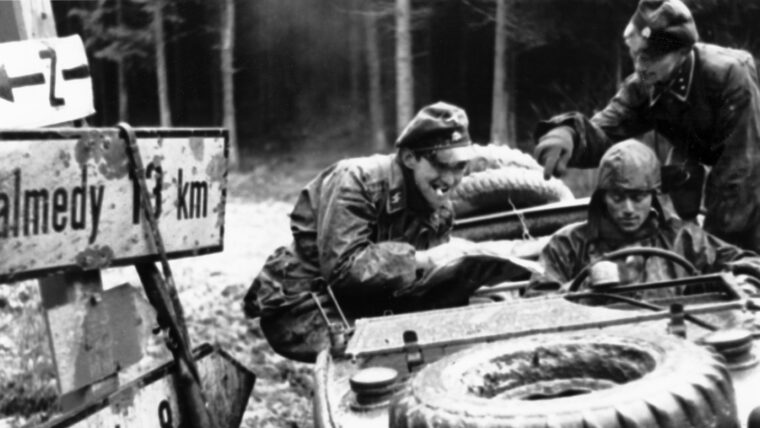
European Theater
As the Belgian town of La Gleize burned to the ground around him, 29-year-old SS Lt. Col. Read more
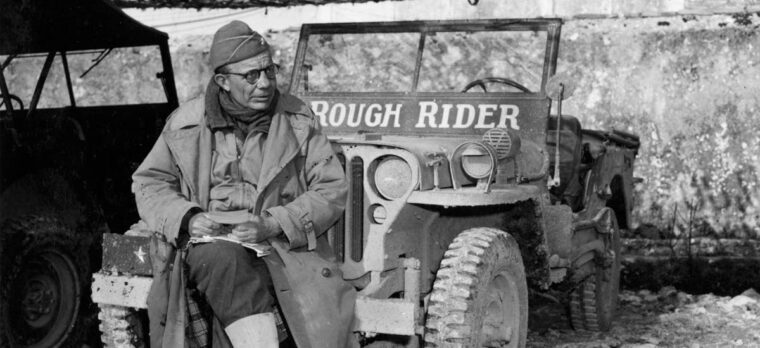
European Theater
Teddy Roosevelt Junior had enjoyed a distinguished career even before D-Day. He had commanded a battalion in France during the Great War, served as secretary of the Navy from 1921 to 1924, been the governor of Puerto Rico from 1929 to 1932, and been governor-general of the Philippines for a year in the early 1930s. Read more
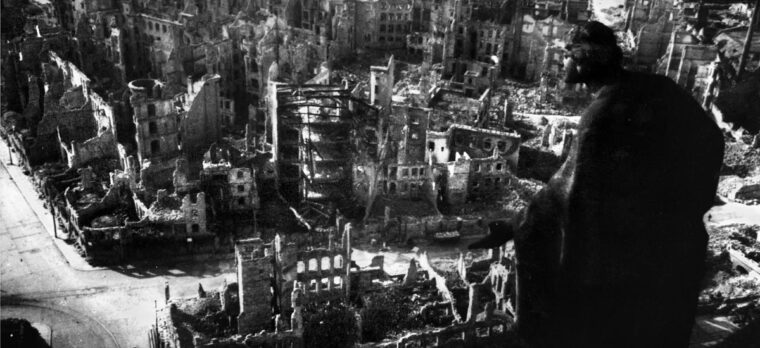
European Theater
It was February 1945, and the Bombing of Dresden had yet to commence. At this point in the war, the citizens of the capital of the German state of Saxony were beginning to think that they were living a charmed life. Read more
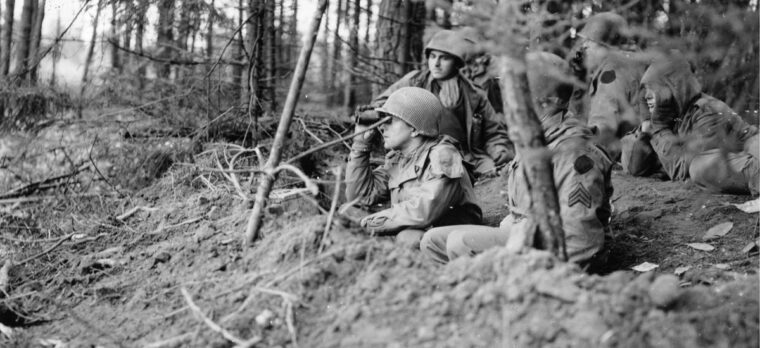
European Theater
BACKSTORY: Dan Dougherty graduated from Central High School in Austin, Minnesota in June 1943 and was immediately activated from the Army Reserve. Read more
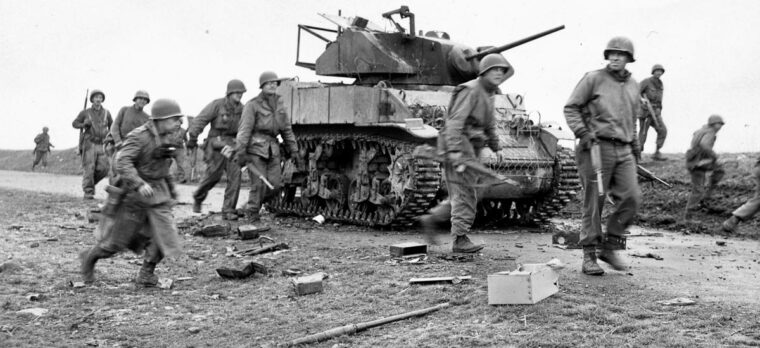
European Theater
By Kevin M. Hymel
“OH MY GOD!” thought tanker Joe Cotten. “We’re shooting machine guns at a Tiger Royal!” It was late December 1944 in the Alsace-Lorraine region of France, near the German border. Read more
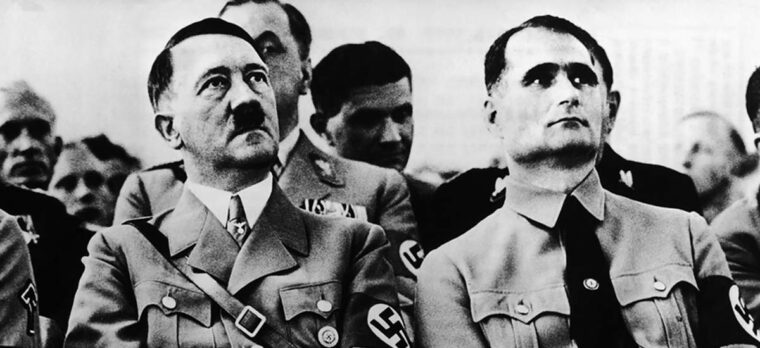
European Theater
In October 1939, British Prime Minister Winston S. Churchill famously described Russia as “a riddle, wrapped in a mystery, inside an enigma.” Read more
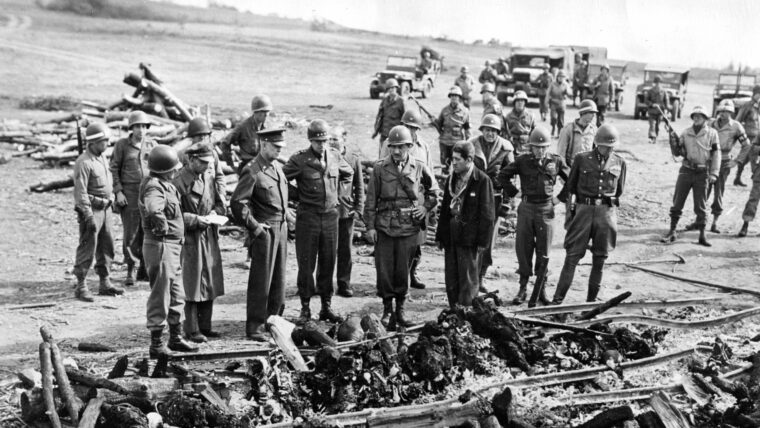
European Theater
The blue arrows on Lt. Gen. George S. Patton, Jr.’s Third Army situation maps in his mobile headquarters trailer all pointed eastward. Read more
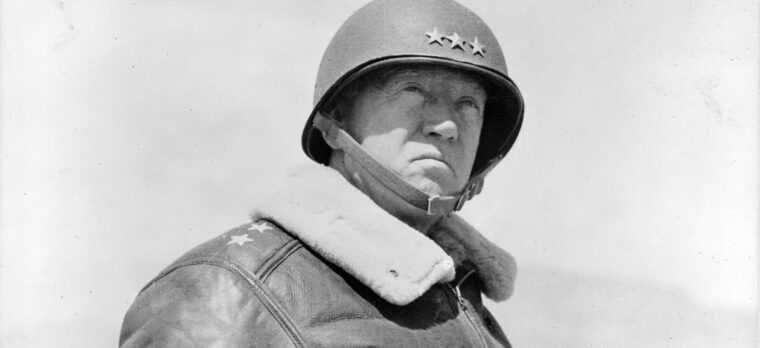
European Theater
George Patton knew exactly what he wanted to be from childhood on. “When I was a little boy at home, I used to wear a wooden sword and say to myself, ‘George S. Read more
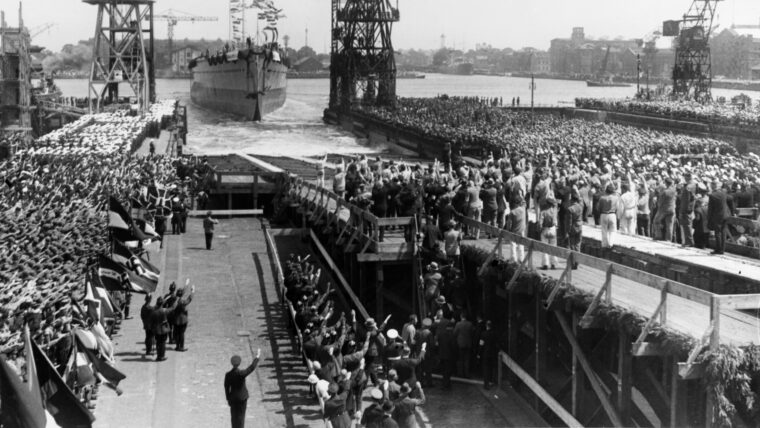
European Theater
On the nights of August 21 and 24, 1939, two dark ships slipped out of the German naval base at Wilhelmshaven and turned west toward the English Channel. Read more
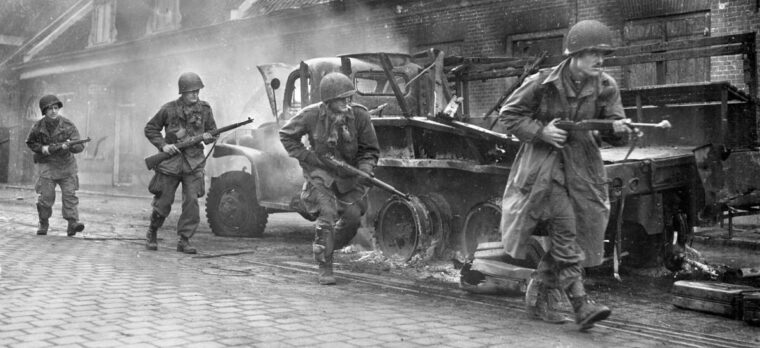
European Theater
With his troops in a bitter fight with German forces in northern France in the late summer of 1944, General Omar Bradley, commander of the Allied 12th Army Group, could not believe his ears. Read more
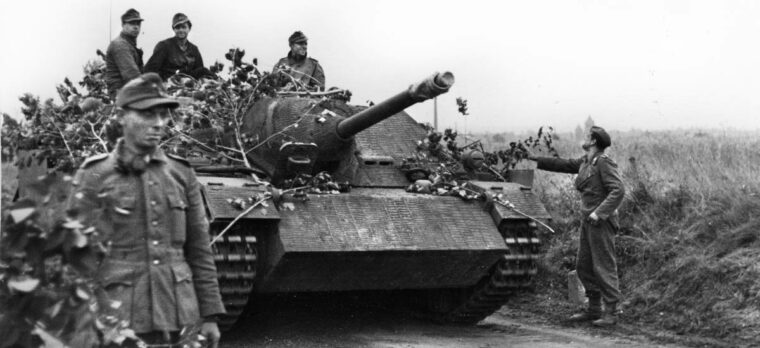
European Theater
For once, the ULTRA message came late. Normally, the decoding machines and hard-working British cryptographers at Bletchley Park had an abundance of German Army messages to go through, but in the first days in August 1944, the German panzer divisions had gone to radio silence, which suggested they were going to attack, but not in which direction. Read more
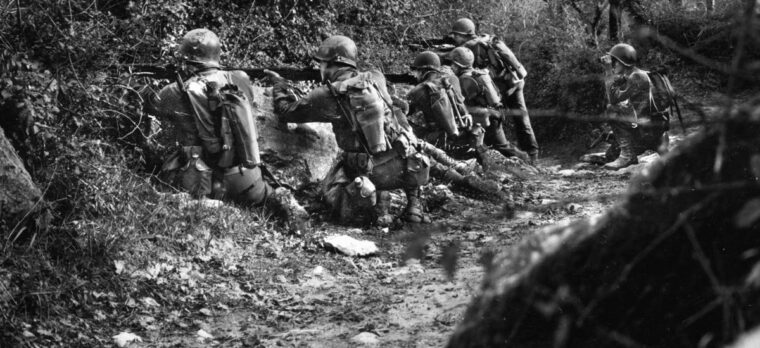
European Theater
On the morning of Friday, February 18, 1944, fresh groups of German panzergrenadiers backed by tanks swept south from their defensive positions at Anzio and overran American forward positions at Aprilia, eight miles north of the landing beaches. Read more
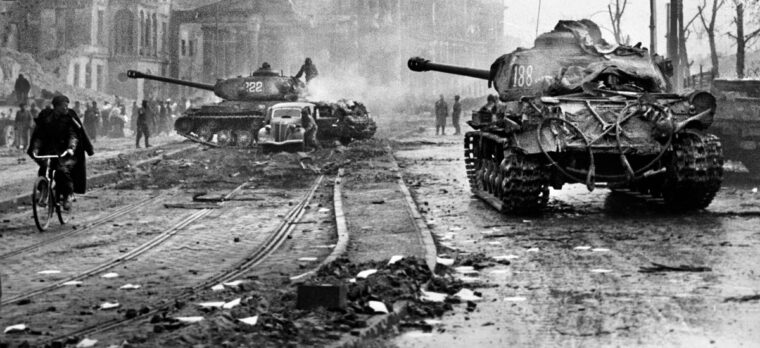
European Theater
In the predawn hours of April 24, 1945, SS-Brigadeführer Gustav Krukenberg received orders from Army Group Vistula defending Berlin to immediately lead the remnants of the 57th Battalion of the 33rd Waffen Grenadier Division of the SS Charlemagne from its staging area at the SS training camp at Neustrelitz to the German capital. Read more
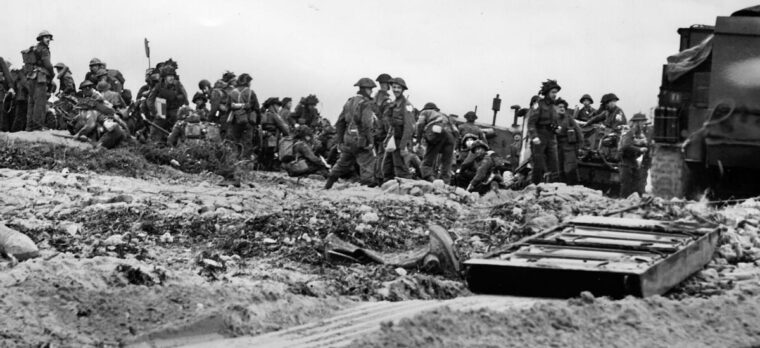
European Theater
Most students of World War II know that there were five invasion beaches included in Operation Overlord, the invasion of northwestern Europe, on June 6, 1944. Read more
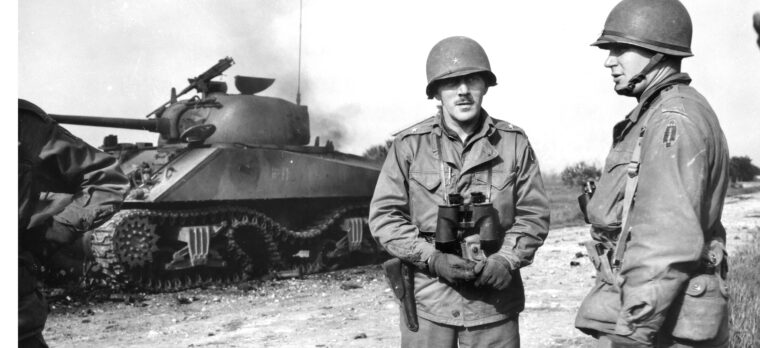
European Theater
When General George C. Marshall visited London in April 1942, the new chief of the British Combined Operations Command, Lord Louis Mountbatten, introduced him to a “very odd-looking individual … [who] talks well and may have an important contribution to make.” Read more
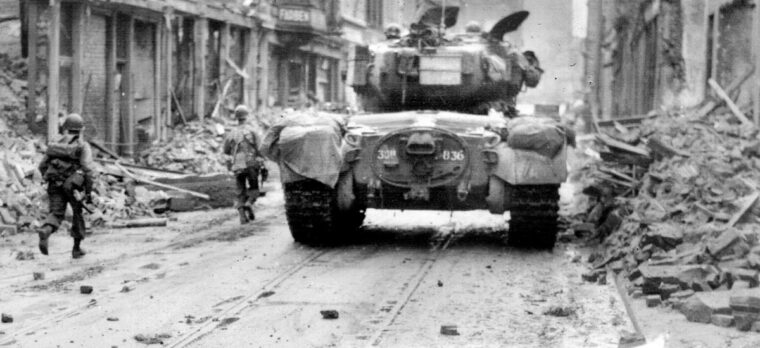
European Theater
Sergeant Nicholas Mashlonik watched closely as the Panzerkampfwagen (PzKpfw) VI Tiger heavy tank rampaged through the village of Elsdorf in the Rhineland-Westphalia region of Germany on February 27, 1945. Read more
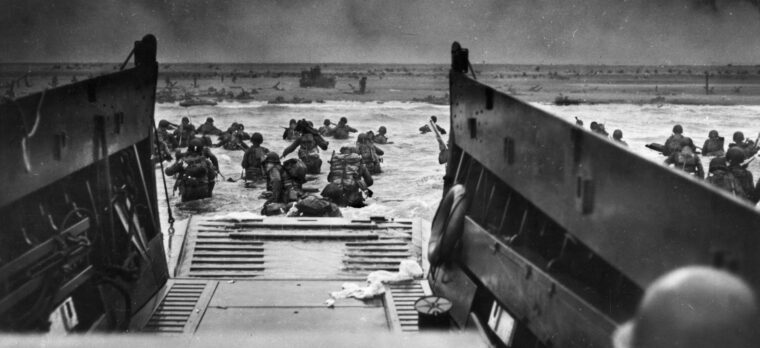
European Theater
Few events in human history have been so fraught with drama as the Allied invasion of Normandy on June 6, 1944. Read more
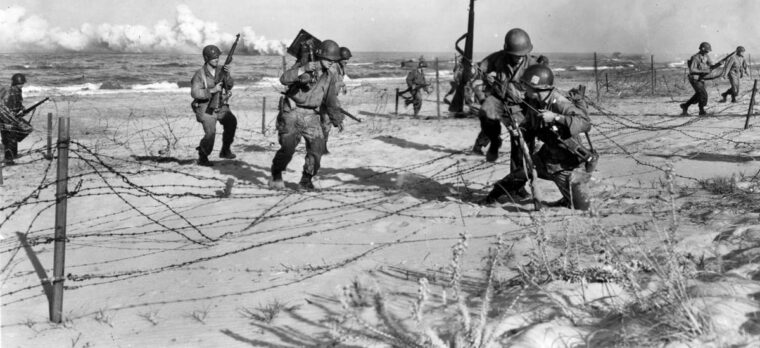
European Theater
In his Maxims of War, Napoleon Bonaparte wrote, “It is exceptional and difficult to find in one man all the qualities necessary for a great general. Read more